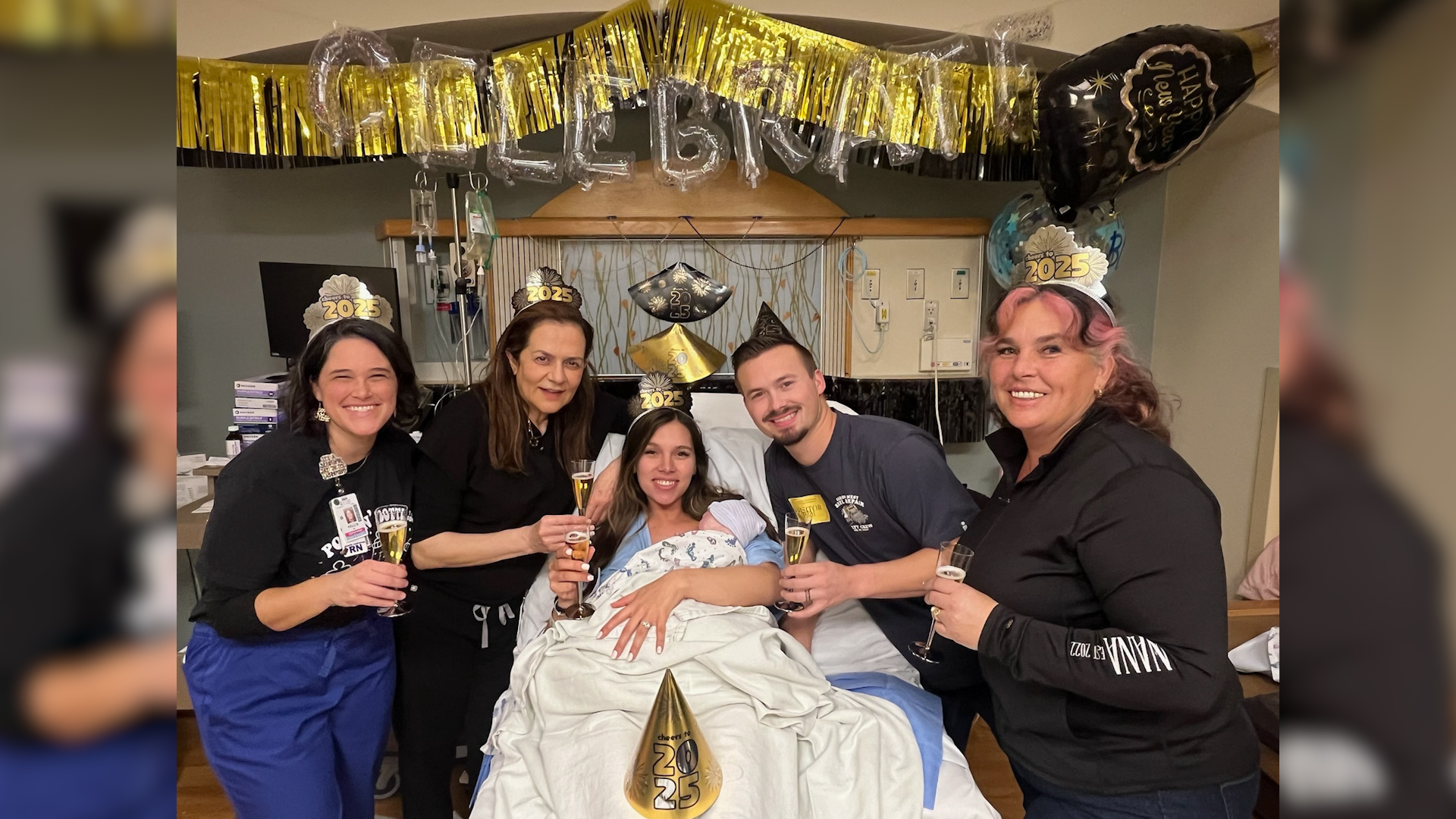After battling and beating COVID-19, a San Diego family is paying it forward by donating plasma. NBC 7’s Audra Stafford shares their story.
Three family members who have recovered from COVID-19 after being diagnosed in May have signed up to donate convalescent plasma in hopes that the antibodies located inside can help others recover from COVID-19, too.
Amanda and Juan Almaraz, and Amanda's father Frank Puron, tested positive for the disease caused by the novel coronavirus in May and while the couple's symptoms were mild to non-existent, Puron's were more severe.
For three weeks, Puron had symptoms like fever, body aches and trouble breathing.
"Yes, I did feel like I was on the verge of having to go to the hospital, but luckily things turned around before that actually happened," he said.
Knowing what the symptoms felt like, Puron wanted to do his part to help others who may be in more dire need than he was.
Public health officials "say this will help people who are in a more serious situation than I was so I figure you gotta do your part to try to help the situation," Puron said.
The blood of recovered COVID-19 patients can develop antibodies that -- when transfused to sick patients -- could help others recover from the disease that causes severe respiratory symptoms.
Local
While using convalescent plasma to treat severe cases of COVID-19 is still experimental, the U.S. Food and Drug Administration approved its use on March due to encouraging results in some patients. This allowed doctors to use plasma under an emergency approval system. Doctors can apply to the FDA to use it for their patients, and the agency will review the requests quickly and make decisions on a case-by-case basis.
So, the three family members signed up do donate their plasma. On Friday, Puron donated while Amanda and Juan Almaraz will donate at a later date.
"I was lucky enough to be asymptomatic. I know not everybody has that luck," Juan Almaraz said. "So if I can help someone that is having symptoms, fever, cough, fatigue, any of that, if I can help someone, I don't see why I shouldn't."
The San Diego Blood Bank began collecting convalescent plasma in early April after the FDA released guidance for jurisdictions that wanted to study the treatment option. The agency is working with local hospitals who have requested convalescent plasma but are in need of donations.
The blood bank is looking for people who have been confirmed positive by a laboratory test and have been symptom-free for at least 28 days or for people who have been confirmed negative by a second test for at least 14 days. Even those who have not been tested, who are willing to donate plasma, should sign up, the blood bank said.
A Chula Vista woman touted the treatment after receiving a plasma transfusion that she says helped get her out of the hospital after weeks hooked up to a ventilator to help her breathe.
The method of using antibodies from blood plasma is not new. The concept dates back to the early 20th century and has been successfully used to counter mumps and measels, according to Johns Hopkins University.
The FDA said the method was also tested in other outbreaks including the 2003 SARS outbreak and the 2010 H1N1 outbreak.
According to NBC News, the treatment is not without risks. There is danger in giving a patient the wrong type of blood or inadvertently transmitting other pathogens in a transfusion, but safety advancements over the past two decades have made adverse outcomes rare.



